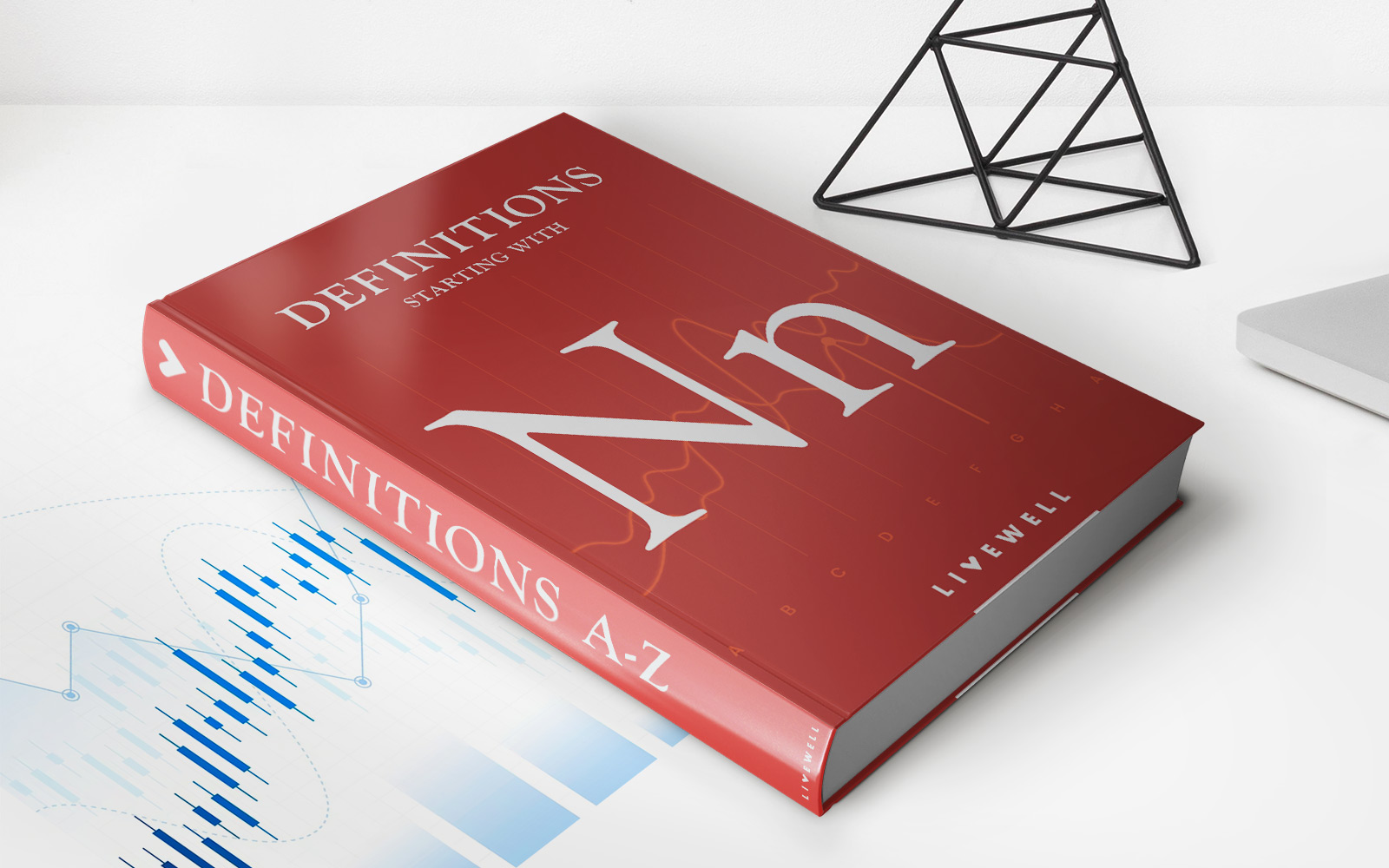

Finance
Absolute Beneficiary Definition
Modified: October 10, 2023
Understand the absolute beneficiary definition in finance and how it affects estate planning. Gain insights into the rights and benefits that come with this crucial financial term.
(Many of the links in this article redirect to a specific reviewed product. Your purchase of these products through affiliate links helps to generate commission for LiveWell, at no extra cost. Learn more)
Discover the Meaning of an Absolute Beneficiary
When it comes to managing your finances, it’s essential to have a clear understanding of the different terms and concepts involved. One such term you may come across is the absolute beneficiary.
An absolute beneficiary refers to a person or entity who holds an absolute right to receive the assets from a trust or insurance policy once certain conditions are met.
Now, let’s dive deeper into this topic and explore what it means to be an absolute beneficiary.
Key Takeaways:
- An absolute beneficiary is an individual or entity that has the right to receive assets from a trust or insurance policy.
- They receive the assets once certain conditions specified in the trust or policy have been met.
Understanding the Role of an Absolute Beneficiary
What sets an absolute beneficiary apart from other types of beneficiaries is the “absolute right” they possess. This means that they have a legal entitlement to inherit or receive the assets, and their rights cannot be altered or revoked.
Here are a few key points to help you understand the role and significance of an absolute beneficiary:
- Legal Protection: As an absolute beneficiary, your rights are legally protected and cannot be arbitrarily taken away from you.
- Conditional Distribution: While you have an absolute right, the actual distribution of assets may be subject to certain conditions specified in the trust or insurance policy.
- Clear Assignment: The person or entity designating you as an absolute beneficiary must clearly state their intention in the trust or insurance policy document.
- No Interference: Once you have been named as an absolute beneficiary, your entitlement cannot be altered without your consent.
The Benefits of Being an Absolute Beneficiary
Being named as an absolute beneficiary can offer several advantages, providing you with greater control and security over your financial future. Here are a few benefits:
- Asset Protection: As an absolute beneficiary, your rights are protected, ensuring that you receive your designated assets without interference.
- Financial Security: Being named as an absolute beneficiary guarantees you a specific portion of the trust or insurance policy, offering you a level of financial stability.
- Clear and Absolute Rights: Absolute beneficiaries have unchangeable and undeniable rights, giving them peace of mind about their financial future.
- Possibility of Income Generation: In some cases, being an absolute beneficiary may also involve receiving regular income or financial benefits from the trust or insurance policy.
Conclusion
Understanding the concept of an absolute beneficiary is crucial for anyone navigating the complex world of finance. As an absolute beneficiary, you hold the legal entitlement to receive assets from a trust or insurance policy once certain conditions are met. Your rights are protected, giving you peace of mind and financial security.
So, the next time you come across the term “absolute beneficiary,” you can confidently grasp its meaning and appreciate the benefits it brings.














